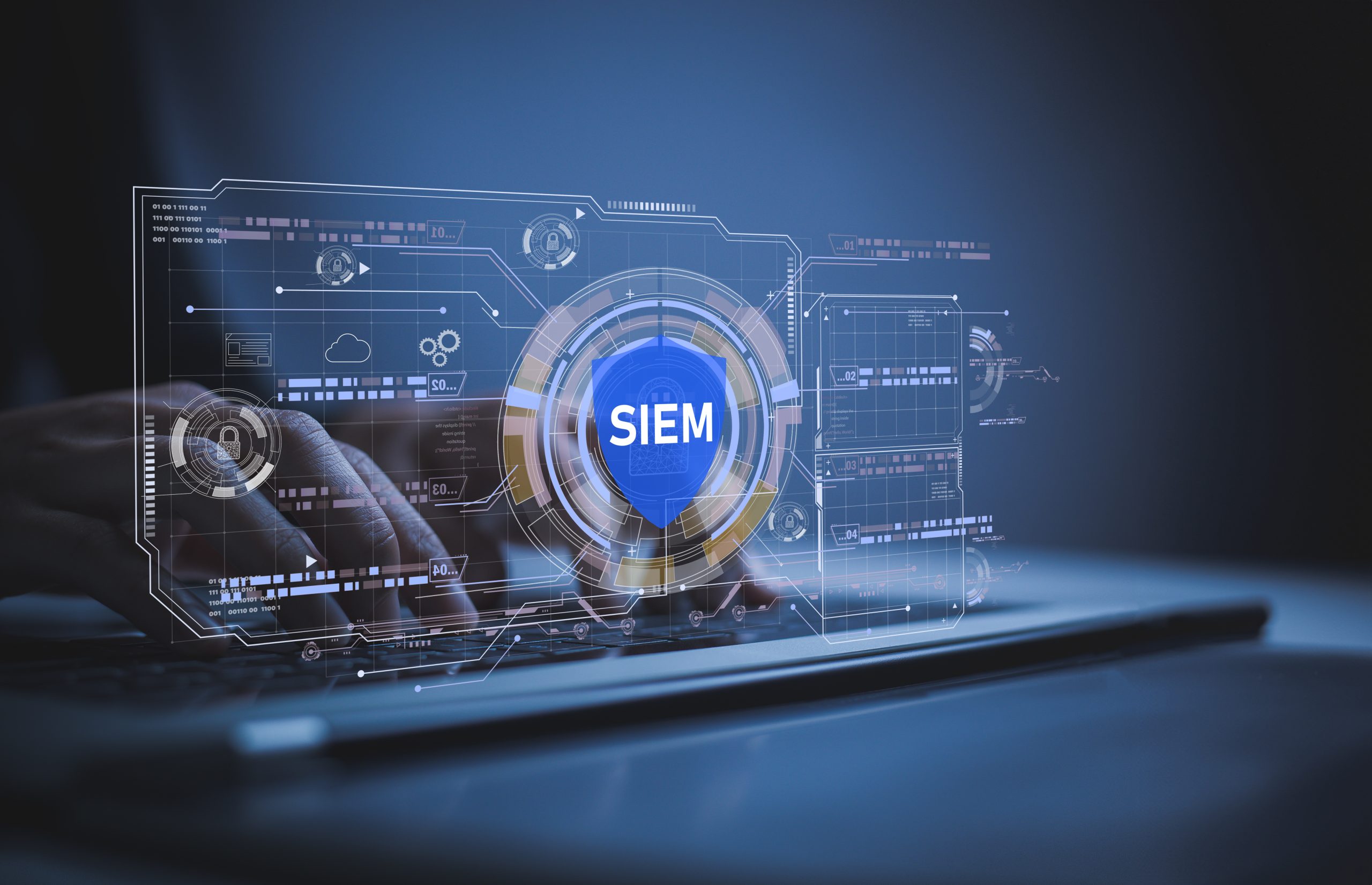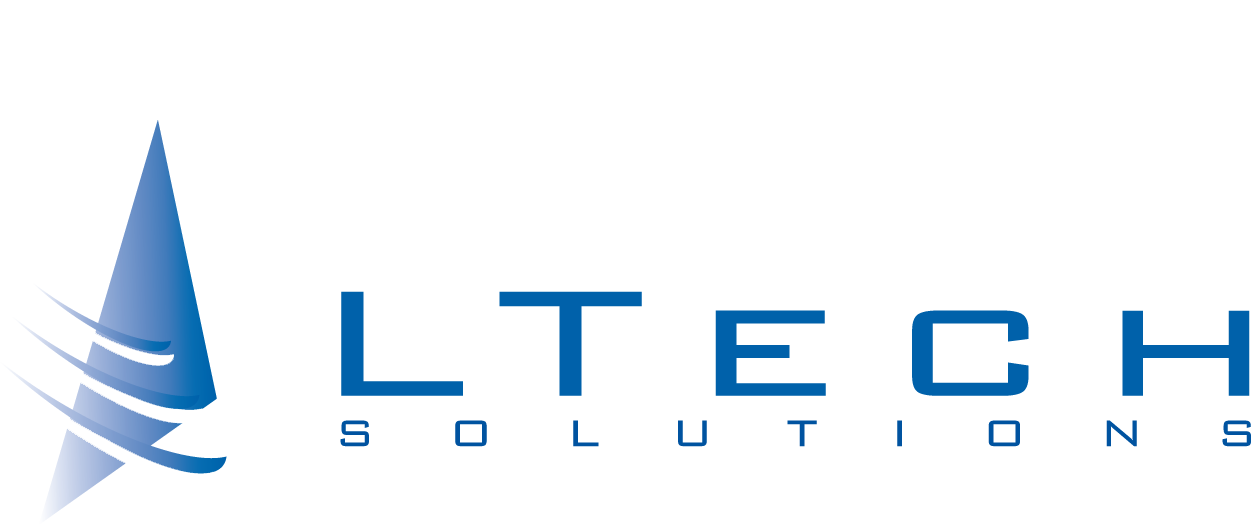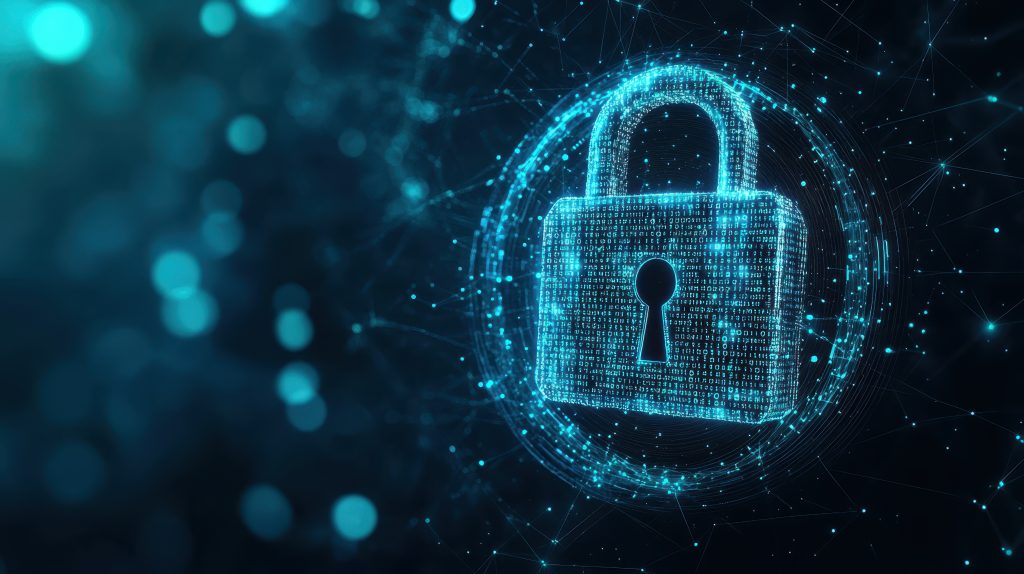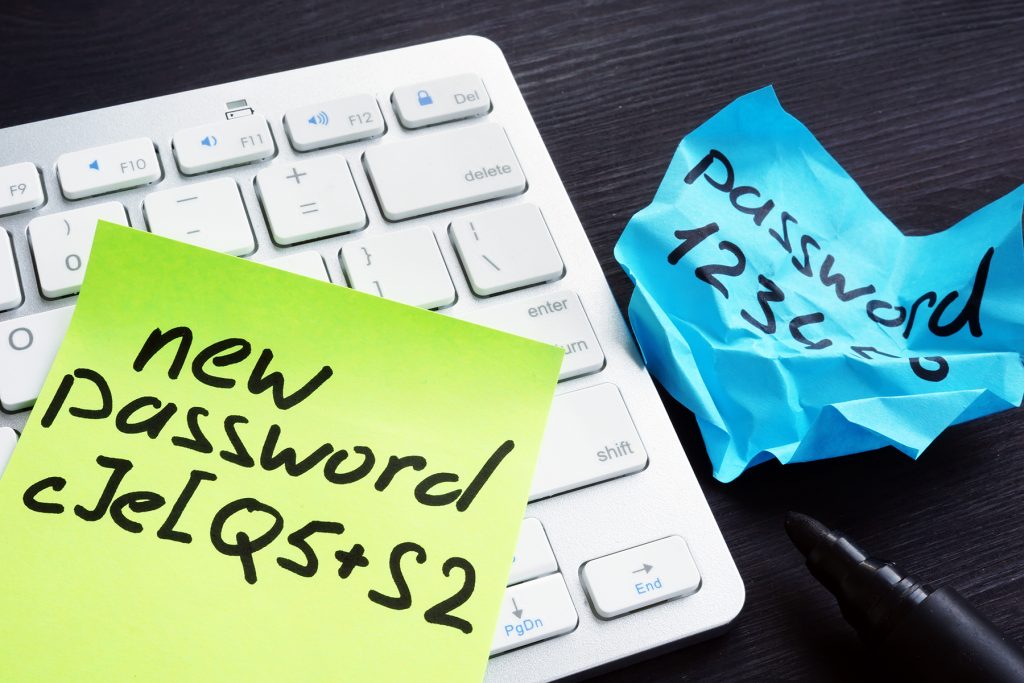What is a SIEM and Why Does Your Business Need One?

Protecting your business from threats like ransomware, phishing, and unauthorized access is critical, but for small and medium-sized businesses (SMBs), limited resources and personnel can make maintaining a strong security posture feel like an overwhelming challenge.
That’s where a SIEM (Security Information and Event Management) comes in. A SIEM acts as the nerve center of your security operations by collecting and analyzing data from across your IT environment. It monitors network activity, system logs, and user behaviors in real-time, alerting you to suspicious activity before it becomes a full-blown security incident.
Why Should Small Businesses Care About SIEM?
Small businesses are not immune to cyberattacks. In fact, attackers often target smaller businesses because they tend to have fewer defenses in place compared to large enterprises. Many operate with the assumption that their smaller size will keep them off the radar, but modern cybercriminals know how to exploit any vulnerability they can find.
With threats like ransomware occurring every 14 seconds globally, SMBs need to stay vigilant. A successful attack can result in downtime, loss of revenue, reputational damage, and hefty legal fees. In the worst cases, businesses may even be forced to close their doors.
A SIEM provides visibility into potential security threats by consolidating data from different sources such as firewalls, antivirus software, servers, and endpoints. It then analyzes this information to detect unusual patterns that might indicate an attack, allowing you to respond before damage is done.
How a SIEM Helps Your Business:
- Centralized Monitoring: A SIEM collects and correlates security data across your network in one place. This reduces the complexity of manually monitoring individual systems and helps you detect potential issues more efficiently.
- Threat Detection: Modern SIEMs, like our partner Blumira’s, use automation and pre-built detection rules to identify cyber threats early. This is especially important for SMBs that can’t afford dedicated security teams.
- Compliance Support: Many industries require compliance with strict regulations around data security. A SIEM helps by logging security events and providing reports that show you’re taking proactive steps to protect your data.
- Ransomware Protection: Ransomware continues to grow as a national security threat. A SIEM can detect early warning signs of ransomware attacks—like unusual network activity or unauthorized access attempts—allowing you to act quickly to shut down the threat.
- Actionable Insights: Instead of just sending out alerts, a good SIEM offers guidance on remediation steps, so you know exactly what actions to take to neutralize threats.
How LTech Solutions Can Help
We understand the unique challenges that SMBs face when it comes to cybersecurity. We’ve partnered with Blumira, a cloud-based SIEM solution designed specifically for small and medium-sized businesses. Blumira’s platform provides powerful security capabilities without the complexity or cost of traditional SIEMs.
- Rapid Deployment: Our SIEM solutions are easy to set up and start working almost immediately, with minimal configuration needed from your end.
- Continuous Monitoring: Blumira continuously monitors your network for potential threats and provides instant alerts with clear steps for remediation.
- Automated Threat Detection: By automating threat detection and response, we reduce the manual work on your team, allowing you to focus on what matters most: running your business.
- Affordable Security: Our partnership with Blumira allows us to offer enterprise-grade security to SMBs at a price point that fits your budget.
Cybersecurity doesn’t have to be overwhelming. With the right tools in place, you can protect your business from ransomware and other cyber threats without needing a full in-house security team.
Ready to improve your security? Contact LTech Solutions today to learn more about our SIEM solutions and how we can help keep your business safe from cyber threats.


